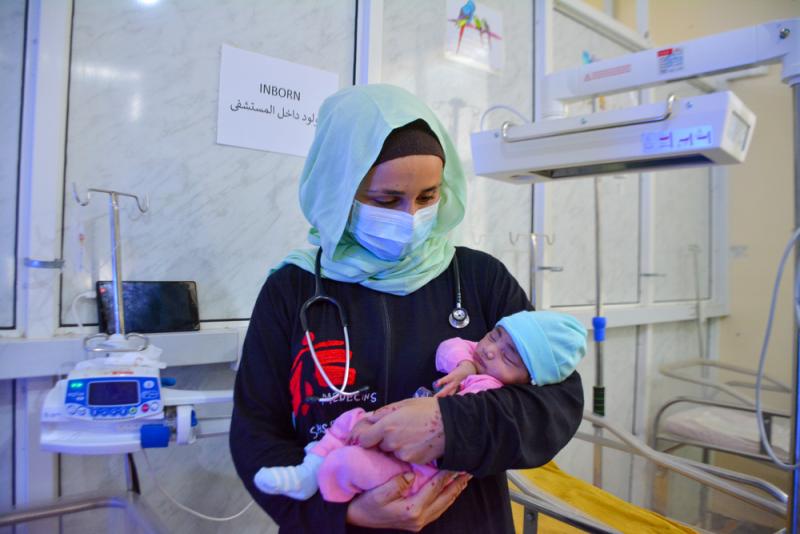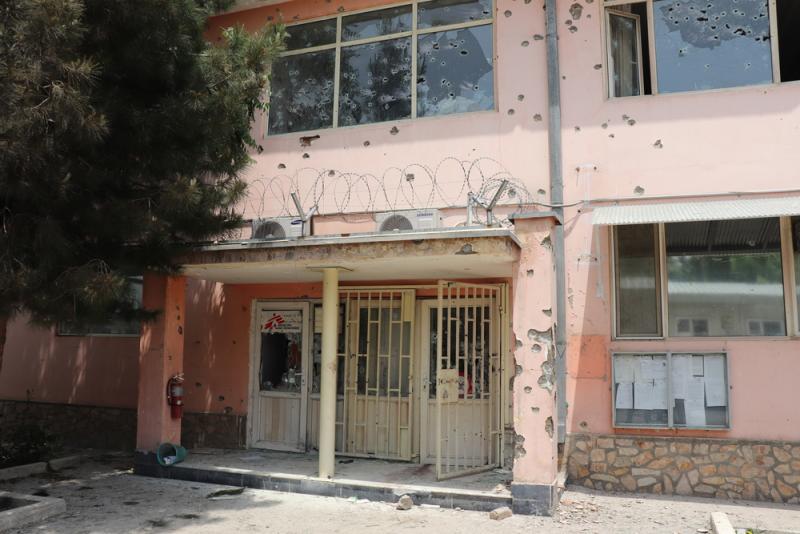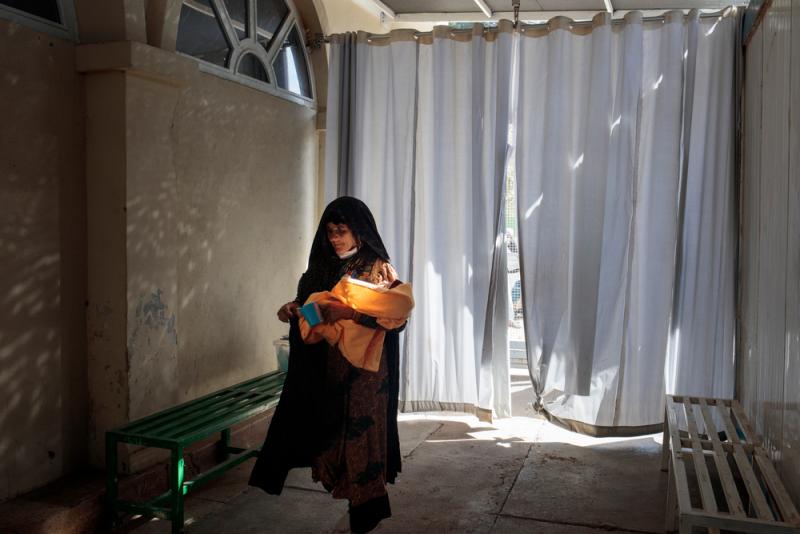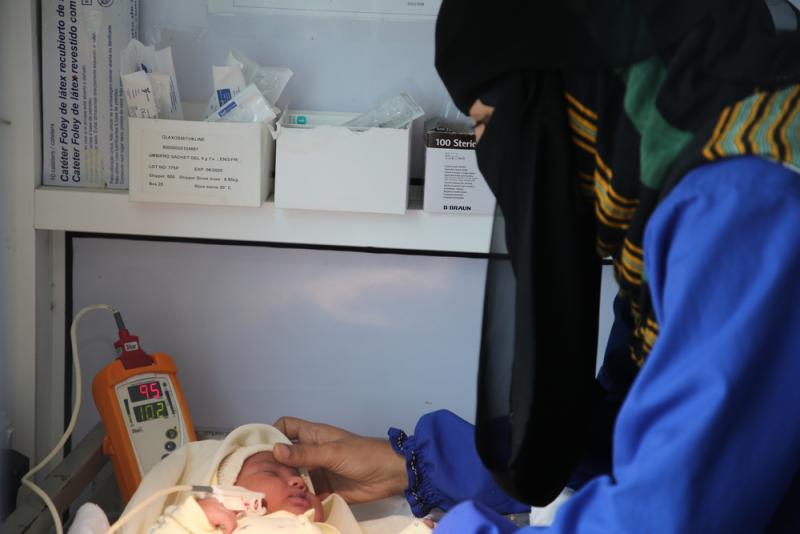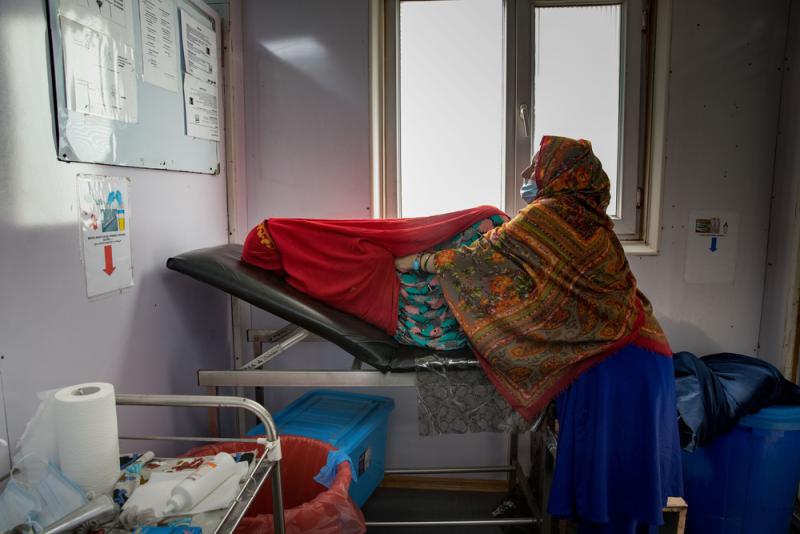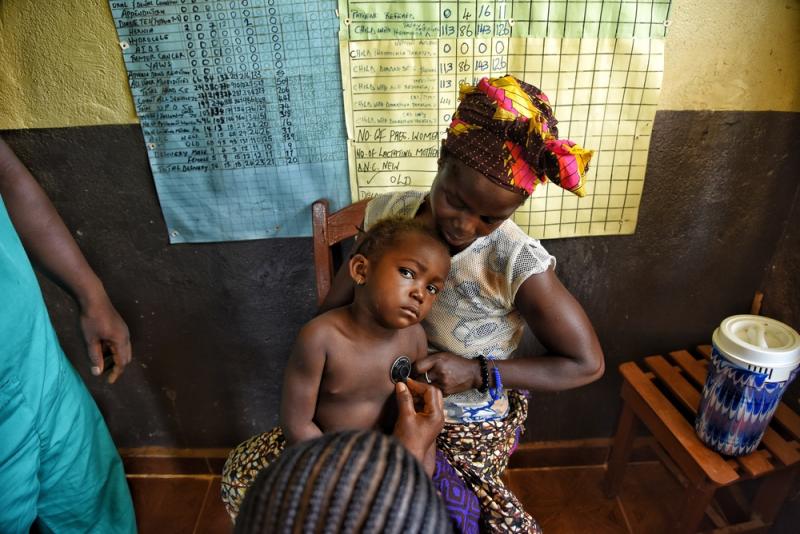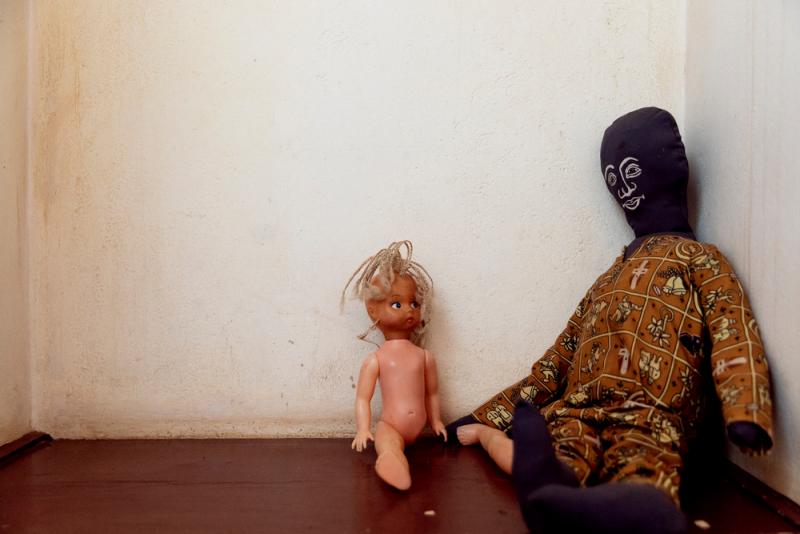
Breadcrumb
- Home
- Maternal Health
Maternal Health
Be it conflict or natural disaster, disease outbreak or HIV programme, women require specific care.
For most of history, pregnancy and childbirth have been dangerous for both mothers and babies. Many women across the world give birth without medical assistance, and this massively increases the risk of complications or death. On average, more than 800 women die from pregnancy-related causes every day.
Most of those deaths are entirely preventable.
Today, COVID-19 has added to the challenges confronting the health of women and newborns, as mothers face disruptions in prenatal care and delivery. Mothers who contract the virus are also believed to be more susceptible to complications.

Reproductive healthcare is one of the most important parts of the medical care that we provide, including in emergencies. In areas where maternal death is high, such as in Afghanistan or the Central African Republic, we've opened specific projects to provide care to women. Our maternal health programs in more than 25 countries focus on reducing maternal and infant mortality through pregnancy and prenatal consultations, emergency obstetric care, postnatal follow-up, and access to family planning services and safe abortion care.
Our staff members have seen mothers who have walked great distances in dangerous circumstances to make sure their children get vaccinations and treatment, and who have risked everything, including rejection by their husbands, to prevent transmitting HIV to their unborn babies. These are remarkably strong women and they are anything but victims. Yet in spite of the huge burdens they shoulder, they rarely possess the power to decide when they themselves can get lifesaving care.
